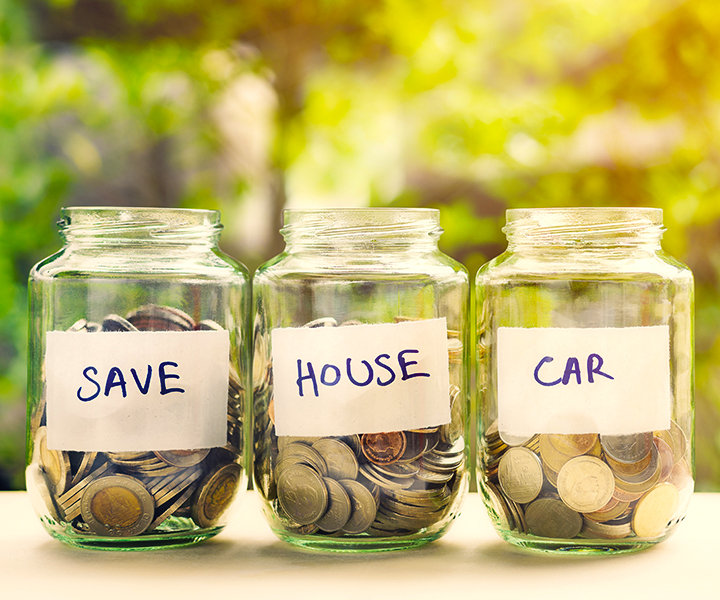A growing percentage of Americans have no emergency savings, or insufficient emergency savings. However, many Americans also have some sort of debt, including high-interest credit card debt. So which financial responsibility – paying off debt or building an emergency fund – should take priority?
When does it make sense to prioritize saving for an emergency?
The purpose of having an emergency fund is to be as prepared as possible for the unpredictable. Unforeseen expenses are bound to surface, so having an emergency fund is crucial in order to avoid relying on credit cards to cover emergency expenses, which could further contribute to your debt.
Saving for an emergency should be your priority if you have no money set aside for emergency circumstances and you have excess income after you have make minimum monthly payments on your debt.
It would also be wise to make saving for an emergency a priority if you have potential major expenses that are likely to come up. For example, if you drive an older vehicle, it might be a good idea to have some money set aside for car repairs. Or if you are self-employed and don’t have a predictable income, saving up enough for three to six months of living expenses could save you a lot of stress (and payments on loan interest!) down the road.
When does it make sense to prioritize paying down debt?
Before you focus your efforts on building an emergency fund, make sure you’re at least making minimum monthly payments on your debt. If you have been making minimum payments and building your emergency fund for some time – and have enough to cover at least three months of living expenses – start focusing your efforts on paying down your debt.
Here are a few tips to get ahead on paying off debt:
- Pay off the most expensive debt first (loans or credit card debt with the highest interest rate).
- Pay more than the minimum balance, even if it’s just an extra $50 a month!
- If it makes sense for your situation, consider consolidating your debt.
- Apply work bonuses and any other cash gifts towards your payments.
- Take advantage of credit card balance transfers.
Focusing on one of these financial responsibilities at a time is usually the most effective. Focusing on one at a time can also help make achieving your goal more approachable and attainable. Check out our Save or Pay Off Debt calculator to evaluate which one you should make your priority based on your situation.








 Equal Housing Lender. SBA Preferred Lender. NMLS #440379
Equal Housing Lender. SBA Preferred Lender. NMLS #440379